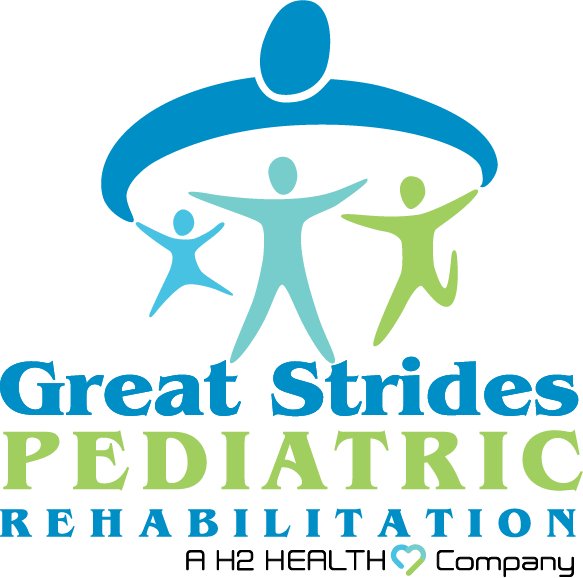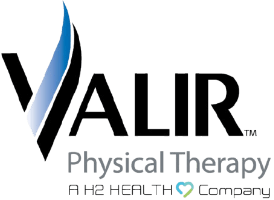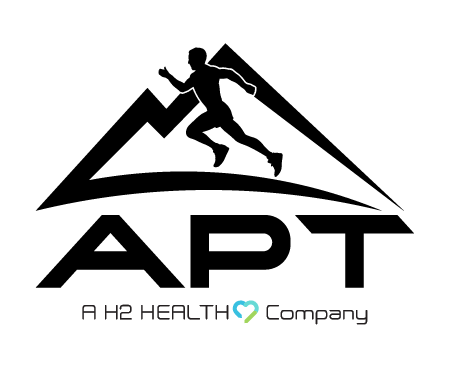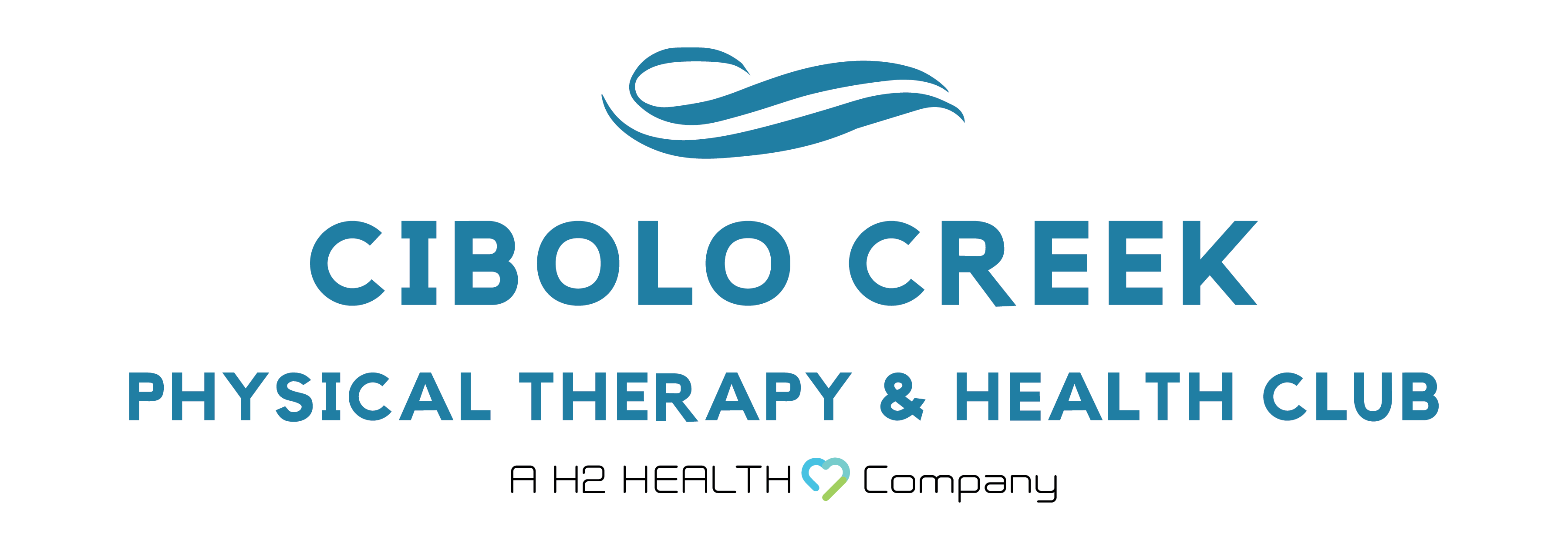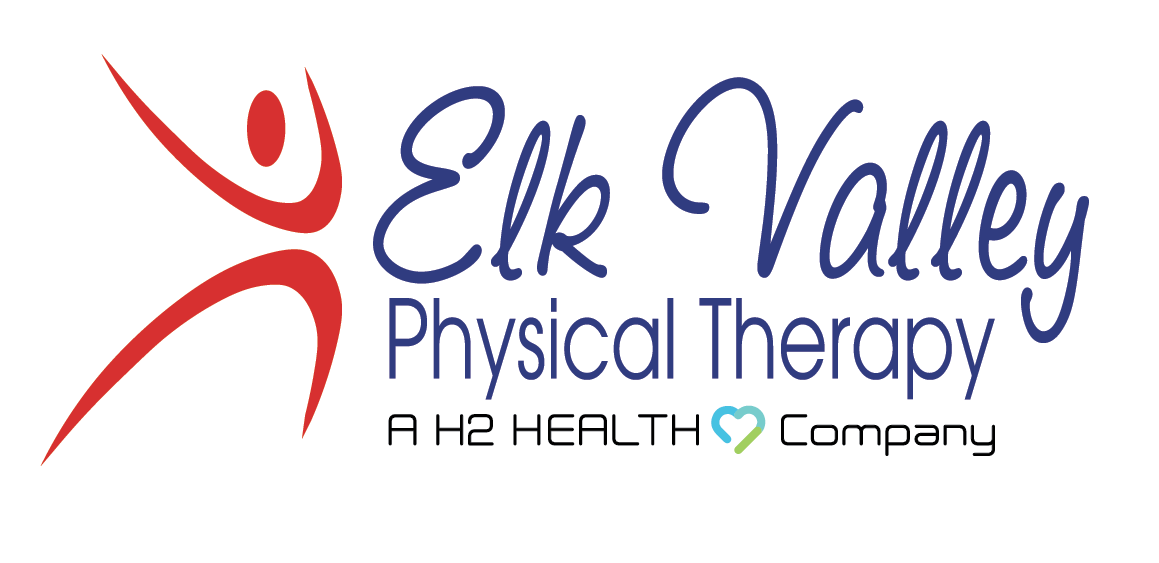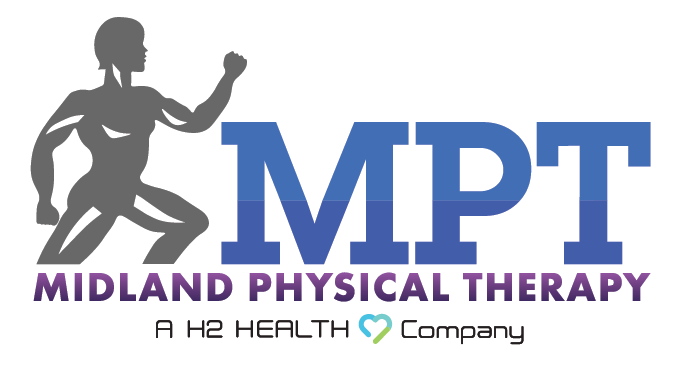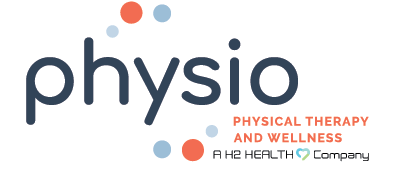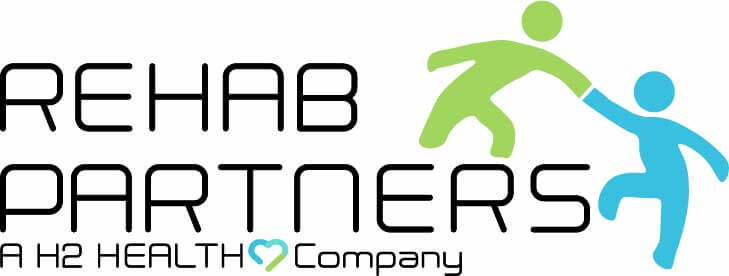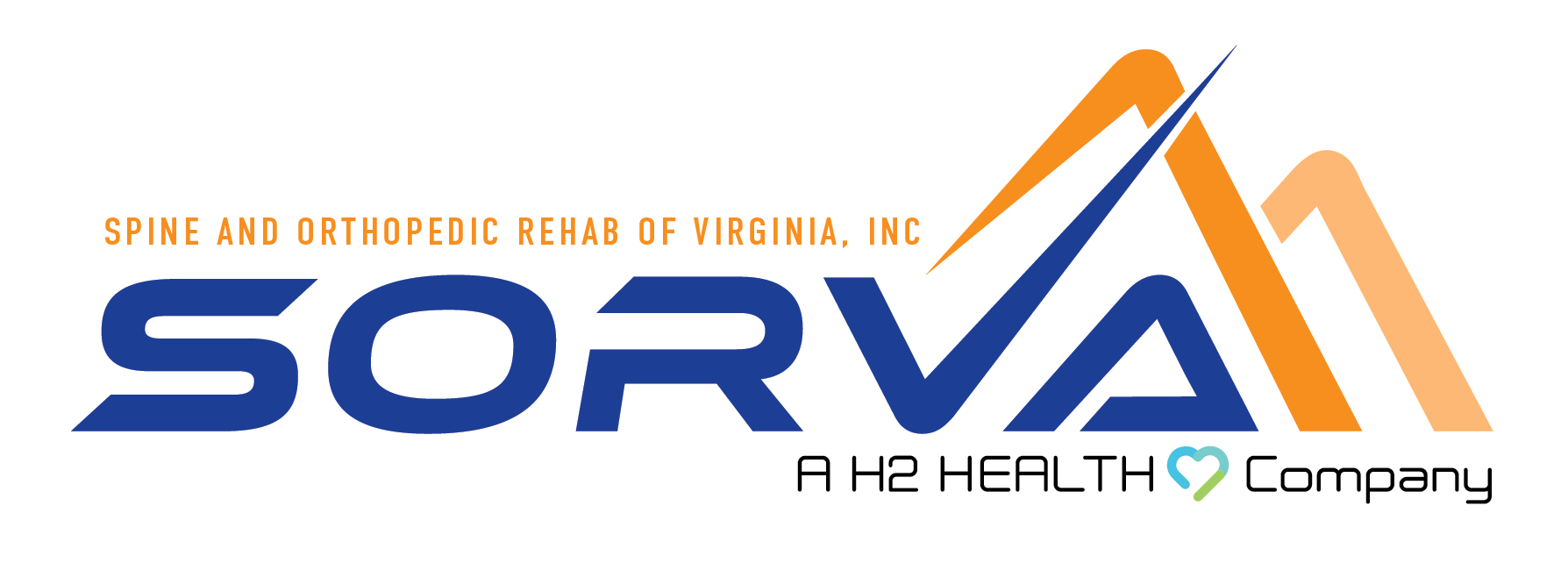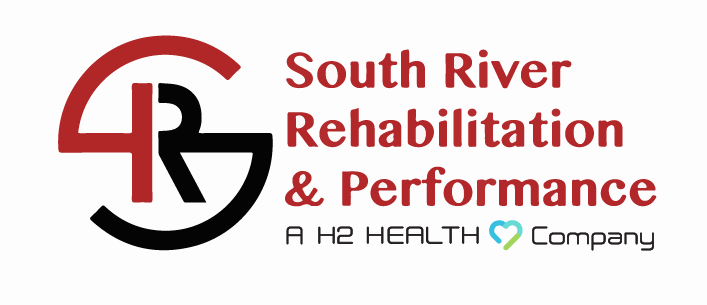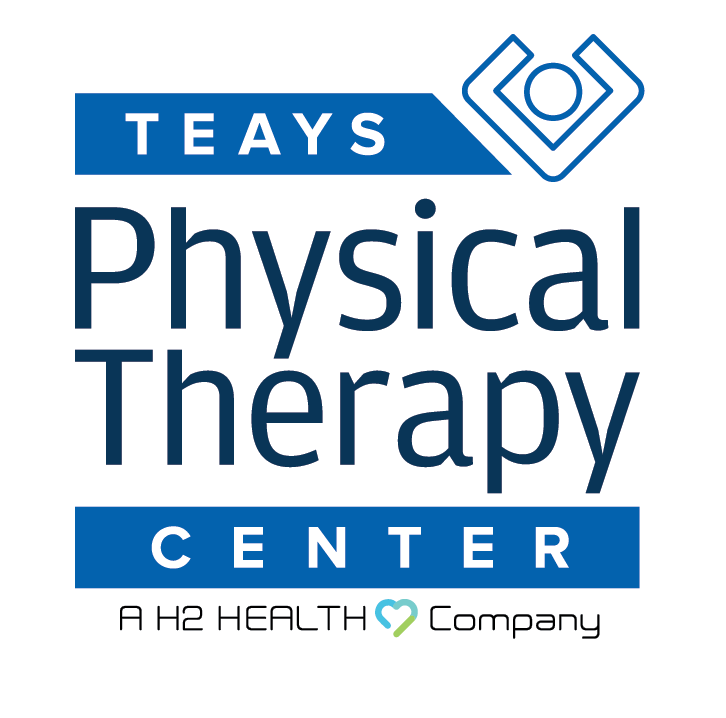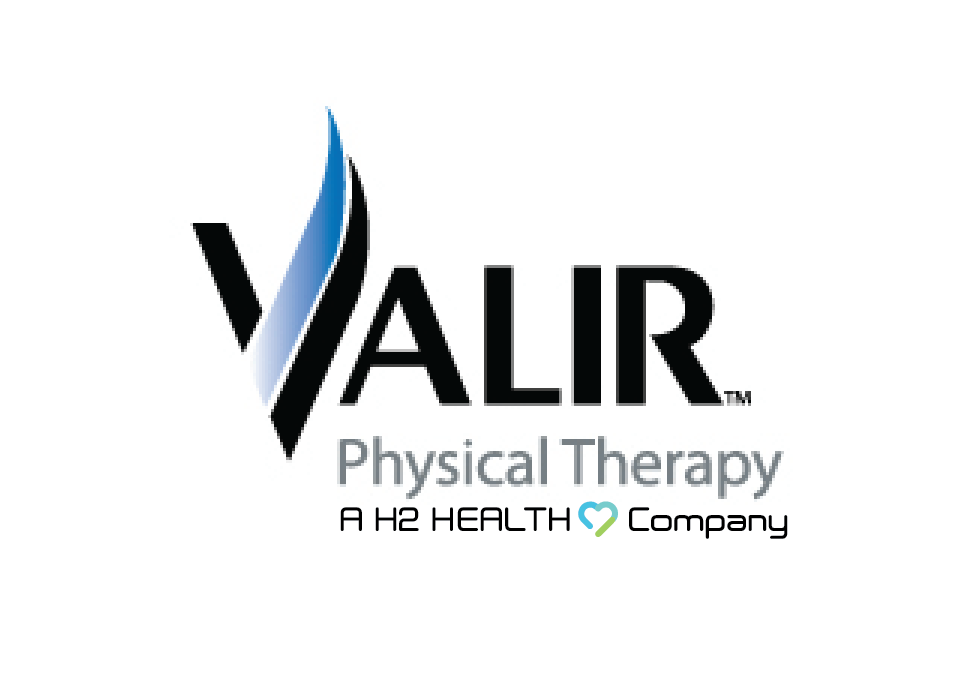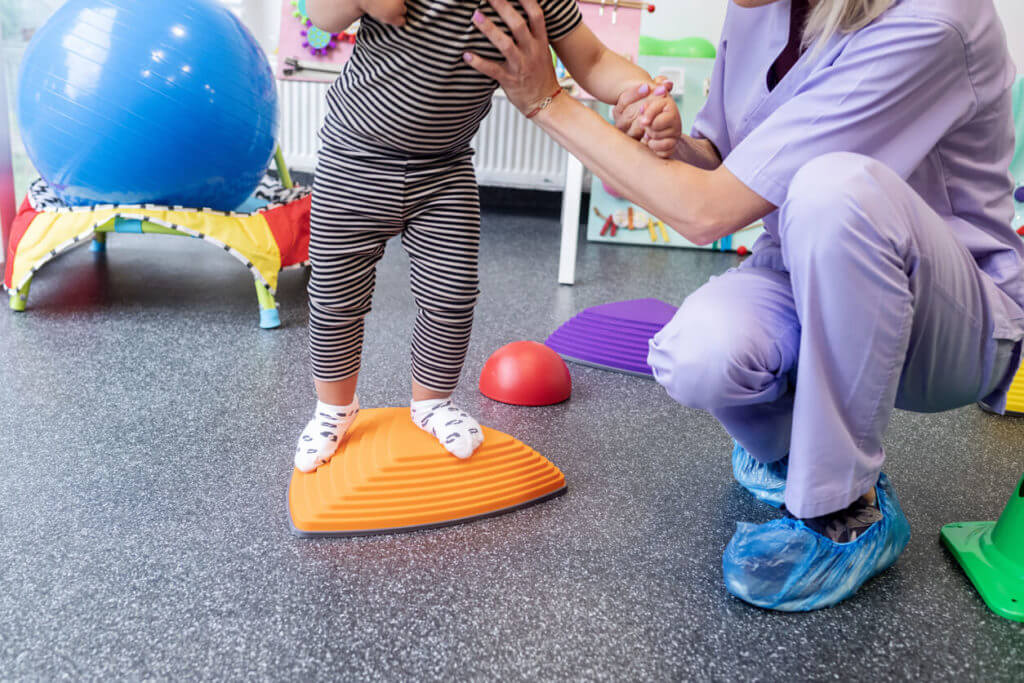
Parents always want the best for their children, especially when it comes to their health and development. For many families, pediatric physical therapy plays a key role in helping children overcome physical challenges and achieve developmental milestones.
But how do you know when your child might benefit from pediatric physical therapy? This blog will explain the signs, conditions, and benefits, while also providing guidance on finding trusted pediatric physical therapy in your area.
What Is Pediatric Physical Therapy
Pediatric physical therapy focuses on helping children improve their physical abilities, such as strength, movement, balance, and coordination. It is primarily designed for children with medical, physical, or developmental conditions that impact their ability to function in daily activities.
Pediatric physical therapy often takes place in outpatient therapy centers or physical rehabilitation centers, making it a convenient resource for families.
Therapists use age-appropriate techniques, games, and exercises to engage children. The therapy is tailored to meet the specific needs of each child, making it both effective and enjoyable for young patients.
How Do You Know Your Child Needs Pediatric Physical Therapy
There are several situations in which parents should consider pediatric physical therapy. If you observe these signs, it may be time to consult a physical therapy specialist:
1. Developmental Delays
If your child is not meeting key developmental milestones like crawling, walking, or standing within the expected age range, pediatric physical therapy can provide targeted support.
For example, most children begin walking between 12 and18 months. If your child is not walking by 18 months, a physical therapist can assess underlying issues and develop strategies to encourage progress.
2. Limited Range of Motion
Certain conditions, like torticollis (a condition where the neck muscles are tight or shortened, causing the head to tilt or twist), or tight muscles from birth or injury, can restrict a child’s movement.
Pediatric physical therapy uses stretching, positioning, and active exercises to increase flexibility and improve their ability to move freely. Early intervention is crucial to prevent long-term mobility challenges in children.
3. Poor Balance and Coordination
Children who struggle with balance and coordination may frequently trip, fall, have trouble catching a ball, or exhibit poor posture. These issues can impact their confidence and participation in physical activities.
Physical therapy helps by strengthening core muscles, improving motor skills, and teaching strategies for better balance and coordination.
4. Recovering from Surgery or Injury
After surgery (such as orthopedic procedures) or an injury like a fracture, ligament tear, or muscle strain, children may experience pain, weakness, or reduced mobility.
Pediatric physical therapy focuses on reducing discomfort, restoring strength, and improving range of motion through a tailored rehabilitation plan. This ensures a safe and faster recovery process.
5. Chronic Conditions or Neurological Disorders
Children with chronic conditions, such as cerebral palsy, spina bifida, muscular dystrophy, or Down syndrome, often face unique physical challenges.
Pediatric physical therapists specialize in creating individualized exercises to improve strength, mobility, and independence. These therapies can enhance daily function, help manage symptoms, and improve their overall quality of life.
6. Sports-Related or Overuse Injuries
Young athletes are particularly prone to injuries from repetitive motions, such as overuse injuries, sprains, or strains. Left untreated, these injuries can lead to chronic pain or reduced performance.
Physical therapists perform injury screening and create a plan that helps alleviate pain, strengthen muscles, and teach proper techniques to prevent future injuries. The plan also ensures kids can safely return to their favorite sports.
What Happens in a Pediatric Physical Therapy Session
A typical physical therapy session is designed to engage your child in fun, purposeful activities while working toward specific physical goals. Here is a breakdown of what happens during a session and how you can support your child’s progress:
Initial Assessment
The session usually begins with an assessment where the physical therapist evaluates your child’s movement, strength, coordination, and range of motion to identify any challenges, such as difficulty walking, poor balance, or tight muscles.
A physical therapist may also perform injury screening, wheelchair evaluations, and assess other equipment needs. They may also watch your child play, eat, or perform other activities. This helps set clear, realistic goals tailored to your child’s unique needs.
Therapeutic Exercises
The therapist incorporates play-based exercises like obstacle courses, climbing, balancing tasks, or games. These activities are carefully chosen to address areas like motor development, strength, and coordination while keeping your child engaged and motivated.
If your child struggles with specific movements, the therapist will guide them step-by-step to build confidence and skills.
Hands-On Techniques
To complement exercises, the therapist may use hands-on techniques such as stretching to improve flexibility, massage to reduce tight muscles, or joint mobilization to enhance range of motion.
These methods help address physical limitations and prepare your child for functional activities.
Parent Education
You will also receive personalized guidance during or after the outpatient therapy session. The therapist may teach you specific exercises, stretching techniques, or positioning strategies to practice at home.
Family involvement is essential to reinforce progress made during pediatric physical therapy sessions and to help your child reach their goals faster.
Pediatric Physical Therapy in Paducah, KY
At Atlas Kids, a H2 Health company, we are committed to empowering young patients and their families. Our team of experienced pediatric therapists works to create personalized plans that help children reach their full potential.
Whether you are looking for early intervention, post-surgical rehab, or support for a specific diagnosis, we are here to help.
Start your child’s therapeutic journey today by contacting one of our physical rehabilitation centers. Call us today at (270) 391-2396 or schedule a consultation using our appointment request form. We look forward to serving you!

